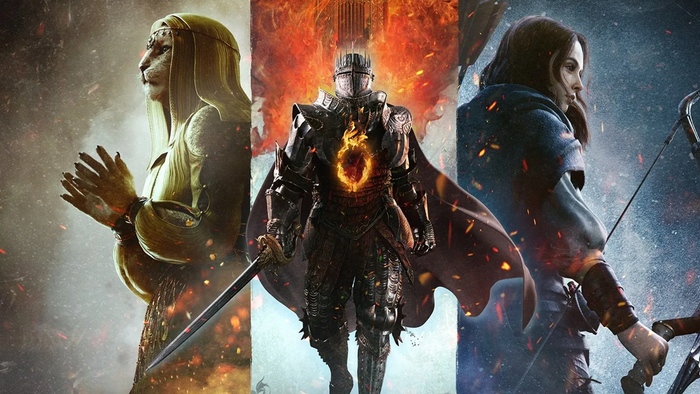Slick Entertainment's Nick Waanders and Kees Rynen saw going indie as the only way to go, and at GDC Canada they discussed the benefits of creating your own technology as an independent studio.

Running an indie studio isn’t for everyone, but for Nick Waanders and Kees Rynen, who solely comprise Vancouver-based indie Slick Entertainment, it was the only way to go. “Obviously it’s very scary,” said Waanders. “At the start it’s scary because you just see your bank account go down.” During the final GDC Canada lecture slot last week, the two developers shared their thoughts about what it means to be independent. The duo just released the XBLA combat racer Scrap Metal, and previously completed the XBLA hit N+ with Metanet. There are a lot of cons to running your own indie studio, he says, such as having to do business administration, publishing, marketing/PR, funding, and usually doing it all with less money. But the pros outweigh the cons, he says. First of all, there’s job variation. “I’m working on programming one morning, then I decide oh, this sound effect needs to be changed, or this texture needs to be altered,” Waanders added. You also can schedule your own tasks -– or have to, more like -– and work on the projects you really like. “And if you do really well you get the rewards, and it doesn’t just go to your boss,” he said. “Our goals at Slick Entertainment were we wanted to self-fund our own IP, and stay small,” he continued. “We prefer outsourcing because hiring people is expensive. You need to pay salaries even if the game’s not being made.” “We did a bit of a self-evaluation to see what we’re actually good at, and building technology is something we actually like to do. And shipping games is something we’re good at.” "Business-related tasks", however, remain an area where Waanders sees room for improvement at Slick Entertainment. "We’re not actually experienced at running a business," he admits. "But really, our business is not that complicated. We make games and we try to sell them. We don’t make as much money that way as if we tried to be the next Facebook company... and maybe we should.. but that’s not what we want to do. It’s no fun.” Primarily, the company outsourced PR, music, and some of the 2D artwork. The requirements the team set for itself was to target XBLA, focus on execution, scalable art, and fast iteration. “We basically focused on executing something with two guys that’s fun and playable that doesn't need completely new design,” said Waanders. “We didn’t know how many cars or anything we would be able to have, so we made it so it would be scalable.” Rynen then took the stage to talk a bit more about the technology side. As an indie, should you roll your own engine? “That’s really just a decision based on what we love to do,” he said. “We like to build the technology and mess around with it. If you don’t happen to love building the tech or have somebody like Nick in your team, yeah, it’s probably best to get a third party engine.” But owning the engine was the only way to go for Slick. “I personally hate waiting for a third party to fix something,” said Rynen. “Sometimes it can take a year for them to get to your problem. A lot of people say don’t roll your own, buy your technology, and I don’t always agree with that. There are a lot of pros to having your own tech.” They wound up using a non-traditional art pipeline, for example. They worked hard to create a vertical slice, and then simply iterated til it was done. “Vertical slice saved us a ton of time,” said Waanders, “because once you have that vertical slice, and it works, and your tools work, that’s when you can really get cranking. I think 80 percent of the art assets and everything was made in the last three months, and we were working on it for two years. Making our own technology really paid off in the end.”
About the Author(s)
You May Also Like









